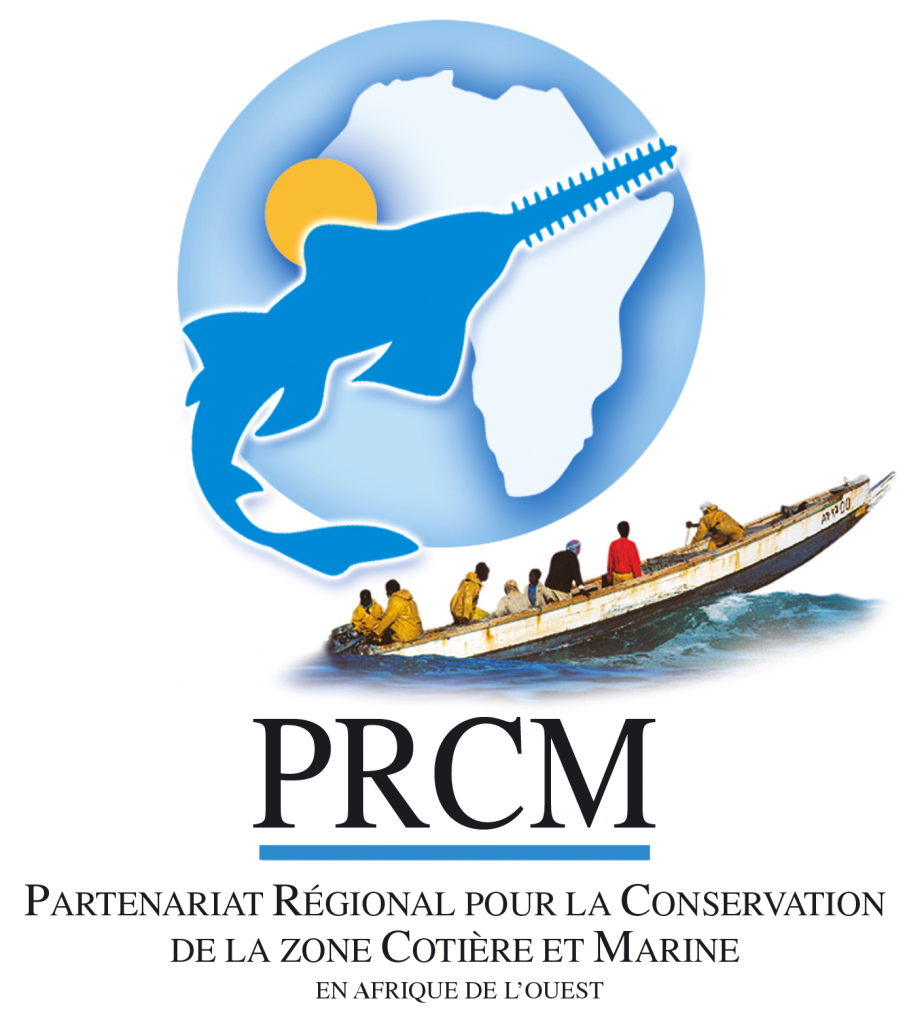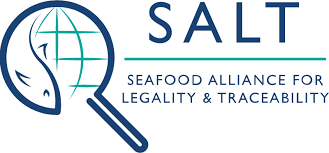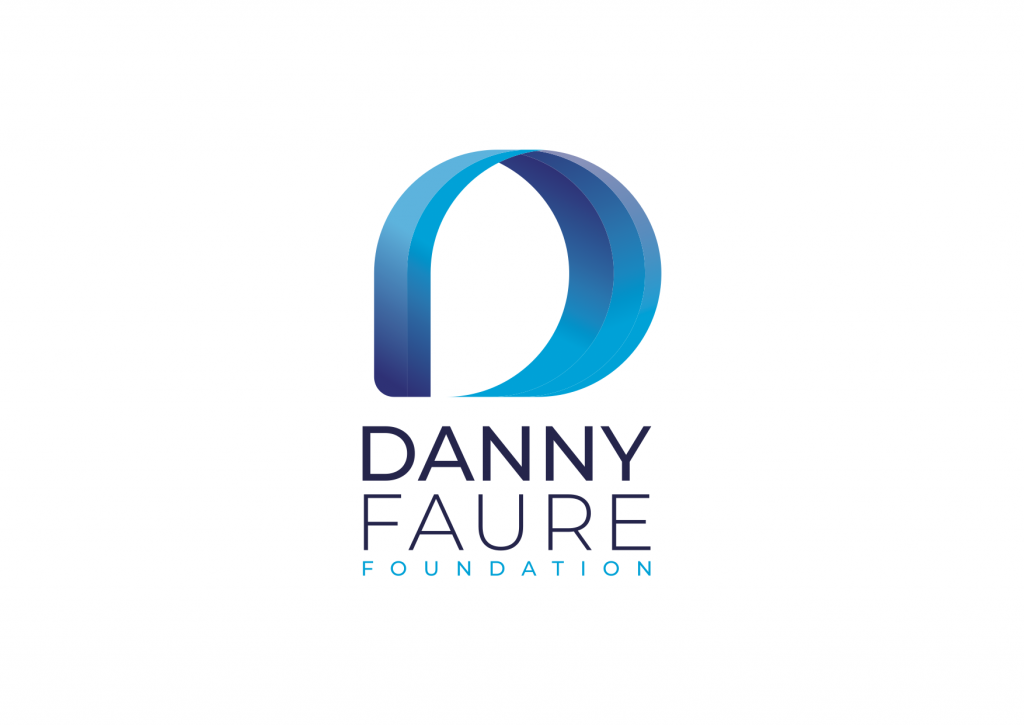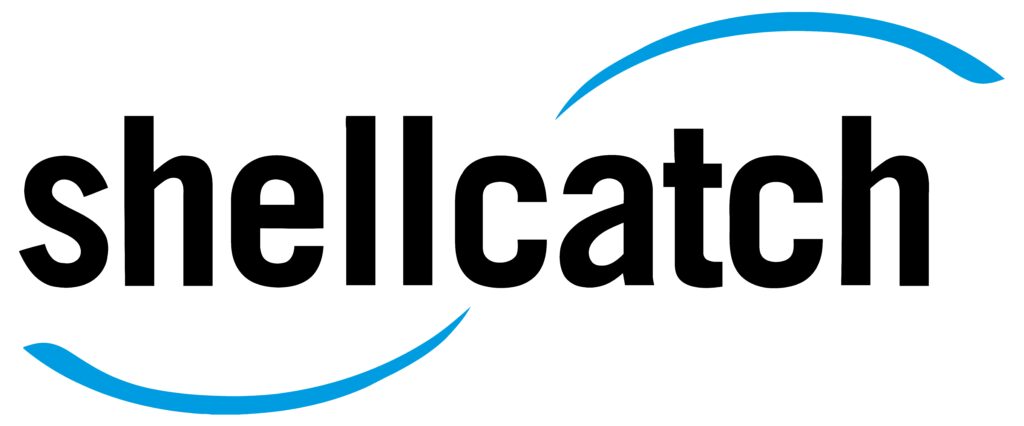Over the past two decades there has been an enormous growth in collective action for international development. This has been aided by the growing understanding that complex and interlinked global challenges, such as sustainable fisheries, cannot be tackled by unilateral actions alone, but rather through collaborative partnerships, involving multiple actors.
For this reason, the FiTI has been established as a collaborative effort among different stakeholders from governments, business and civil society. Their different interests, positions, experiences, and resources are fundamental to shape the immediate and long-term agenda for marine fisheries sustainability.
In the spirit of the United Nations Sustainable Development Goal 17, which calls for a “Partnership for the Goals”, the FiTI does not represent a single interest group or political point of view. Instead, the diversity of different stakeholders is a central feature of how the FiTI works, for national implementations as well as international governance.
The FiTI is therefore actively building a global platform for all bona fide organizations to shape the future of transparency in marine fisheries actively. Such partnerships do not only help to forge collective actions and solidarity to advance transparency and participation in marine fisheries, but also outline the benefits that such a partnership is expected to bring for all involved.
Implementation partners
The objective of this partnership model is to advance the engagement of countries in the FiTI.
Knowledge, Training, Outreach partners
The objective of this partnership model is to advance the promotion of an enabling environment that demands, understands, utilizes and incentivizes government transparency of fisheries information
Technology partners
The objective of this partnership model is to increase the online accessibility of marine fisheries management information in FiTI implementing countries.









